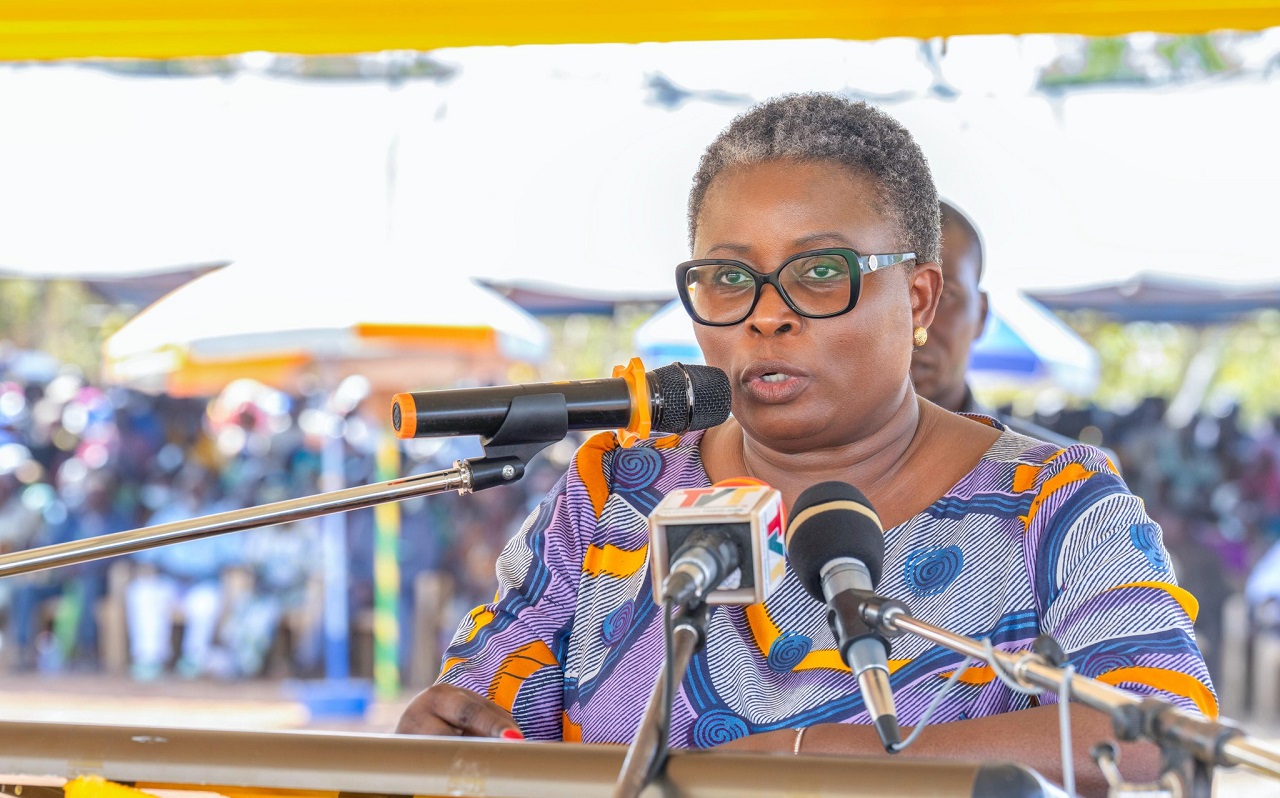Ce samedi 22 février 2025, Madame Yawa Kouigan, ministre de la communication, des médias et de la culture, porte-parole du gouvernement togolais, participe à l’ouverture officielle de la 29e édition du Festival panafricain du cinéma et de la télévision de Ouagadougou (FESPACO).
À la tête d’une délégation de quarante professionnels du cinéma et de l’audiovisuel, elle marque la présence remarquée du Togo à cet événement majeur du 7e art africain.
Dès demain, le 23 février, la ministre assistera à l’inauguration du Marché international du cinéma africain et de la télévision (MICA), où le Togo dispose d’un grand stand pour promouvoir ses œuvres auprès des acheteurs internationaux. Cette journée, dédiée au Togo, sera également marquée par la projection de Cent Douze de Joël M’Maka Tchedre, en lice dans la catégorie Perspectives. Avec six productions togolaises sélectionnées dans les compétitions du festival, le dynamisme du cinéma togolais s’affirme sur la scène continentale.
Cette participation s’inscrit dans la mise en œuvre de la Stratégie nationale de développement du cinéma et de l’audiovisuel, adoptée en décembre 2024, visant à transformer le secteur en une industrie créatrice d’emplois et de valeur. Madame Kouigan a félicité les réalisateurs, producteurs et techniciens pour leur talent, soulignant que cette vitrine internationale doit inspirer et ouvrir de nouvelles opportunités aux créateurs togolais. Le Togo, par cette présence, confirme son ambition de devenir un acteur clé du cinéma africain.

















